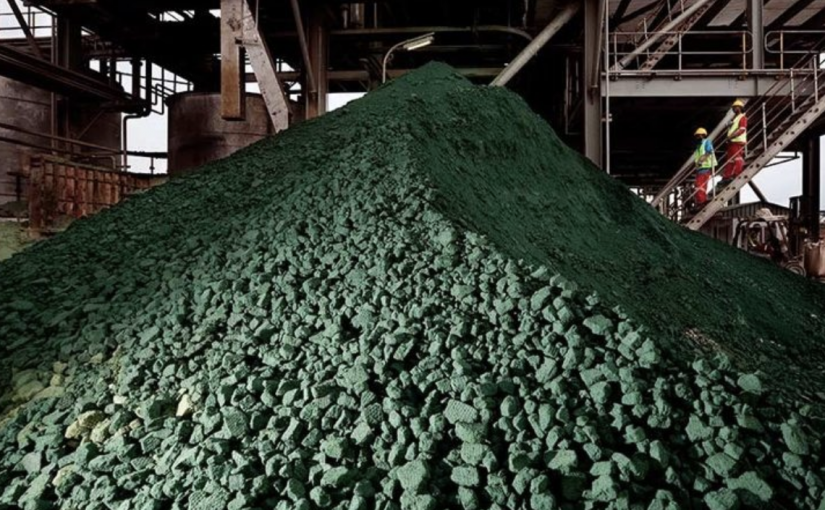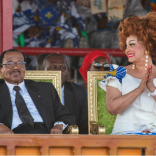Ivory Coast's Ouattara looks to ride economic boom to fourth term
Congo bans cobalt exports for four months to curb oversupply

File photo: Miningmx
The Democratic Republic of Congo, the world’s top producer of cobalt, said on Monday it has temporarily halted the metal’s exports amid a production glut.
The ban will be in place for at least four months, the Authority for the Regulation and Control of Strategic Mineral Substances’ Markets, or ARECOMS, said in a statement.
“This measure is intended to regulate supply on the international market, which is faced with a production glut,” ARECOMS President Patrick Luabeya said in the statement.
To enforce and ensure that mining companies comply with the ban, ARECOMS issued a decree, seen by Reuters. The decree was signed by ARECOMS’ Luabeya and co-signed by Mines Minister Kizito Pakabomba.
The export ban of cobalt – a key component in batteries for electric vehicles and mobile phones – is effective from February 22 and could either be adjusted or terminated after three months, he said.
The most active March electrolytic cobalt futures contract on China’s Wuxi Stainless Steel Exchange hit its upper limit in the night trading session on Monday and posted another gain of 2.81% as of 0239 GMT on Tuesday.
This follows a sharp drop in cobalt prices due to a massive surge in supply and slowing demand.
News of the temporary metal exports ban was earlier reported by Bloomberg News.
China’s CMOC Group (603993.SS), opens new tab, the world’s biggest cobalt miner, last year more than doubled its output of the metal to about 114,000 metric tons from about 56,000 tons, as it boosts copper production at its two mines in Congo.
Shares at CMOC, which did not immediately respond to emailed questions, slipped 1.3% as of 0219 GMT.
Eurasian Resources Group, another big Congo cobalt producer, also did not immediately respond to emailed questions while Glencore declined to comment.
The agency said the ban is for all cobalt produced in the country, including by small scale or artisanal miners.
As well as mining cobalt, Congo is also the world’s second-biggest copper producer.
By Ange Adihe Kasongo and Sonia Rolley












Leave a Reply
Be the First to Comment!
You must be logged in to post a comment.
You must be logged in to post a comment.